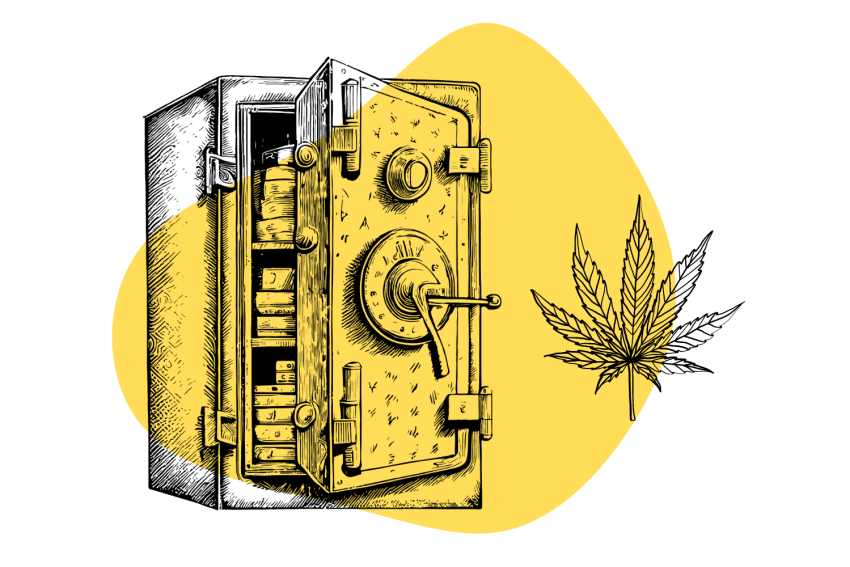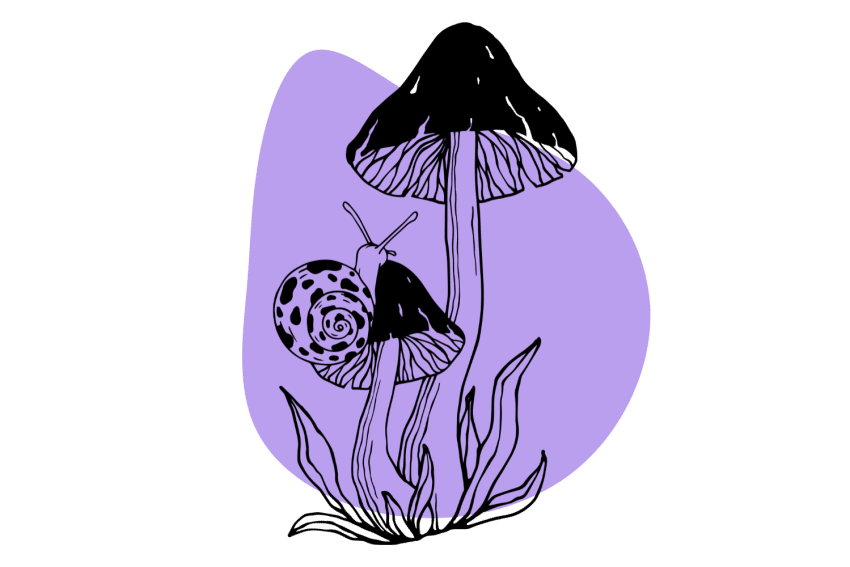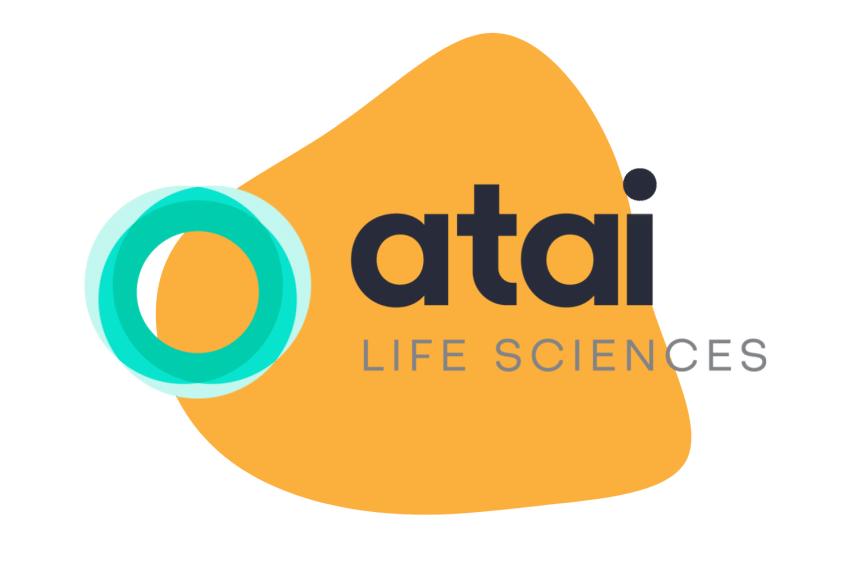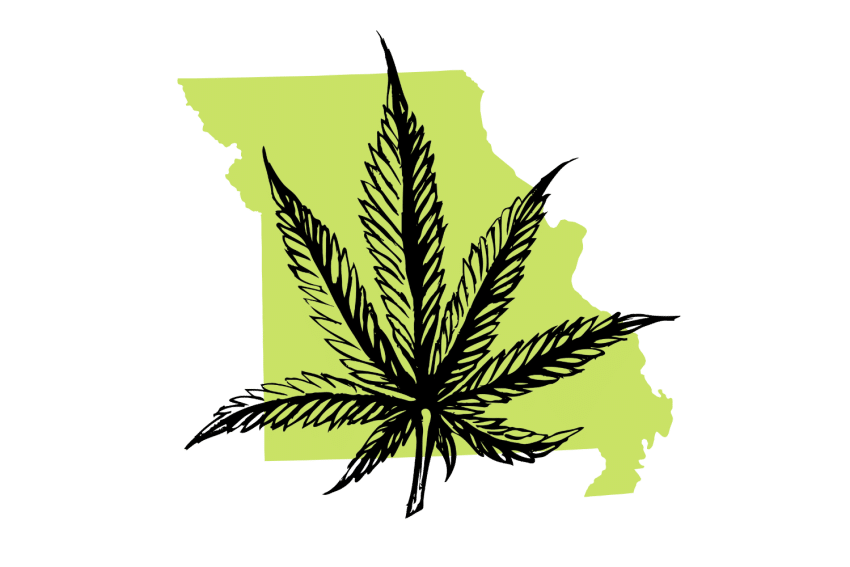An ADHD Conspiracy: Why Your Vyvanse May Not Be Working
The stimulant shortage started in August. Now people are claiming their ADHD medication — most frequently Vyvanse — is no longer working. We investigated and found something interesting…
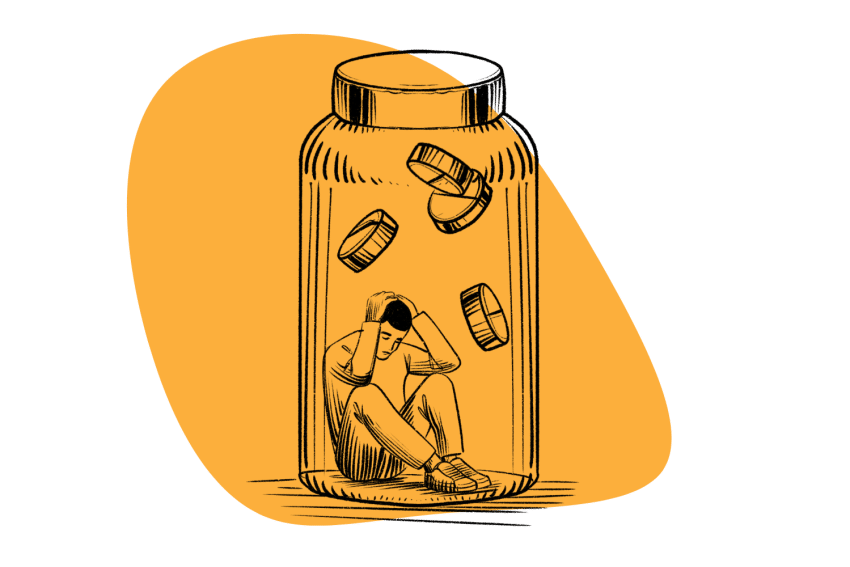
Months ago, people — including one author of this article — started noticing their ADHD medication was no longer working. Noticing others on platforms like TikTok, Twitter, and Reddit, we decided to dig deeper.
*Note: Since last compiling the statistics on this page, we have been blown away by the response to our survey! As of this update, we are sifting through nearly 1700 replies!
We want to make this group bigger, so if you’ve noticed a shift in your medication’s efficacy, please share your experience by answering our survey.
We sent out a questionnaire to dozens of complainants asking for more information. As of this update, we have received 1,593 reports from people claiming there are inconsistencies within their medication.
Following this initial spike, mixed reactions flooded in — ranging from conspiracy to reactionary gaslighting of the alleged victims.
A few (unsubstantiated) conspiracy theories are currently circulating:
- Providers over-prescribed ADHD medication and can’t keep up with production
- Manufacturers are replacing medications with a placebo to avoid claiming a shortage
- Less active ingredient is being added to each pill to reserve a diminishing stock
To be clear: It is highly unlikely and would be very difficult (and illegal) for manufacturers to create, pass inspection, and ship anything other than actual medication.
Still, despite an amphetamine crisis, Vyvanse is the only major stimulant not to report a shortage. This led many providers to switch their patients to Vyvanse as an incredibly expensive ($400/month) last resort when other options were not available.
In this article, we’ll cover the following:
- What people claim is happening with Vyvanse and the suspicious circumstances of the phenomenon.
- What we know so far about this troubling new trend
- What to do if you suspect your medication is not working
- How the DEA and FDA contribute to the stimulant shortage
- Who the stimulant shortage and strengthening of regulations affect.
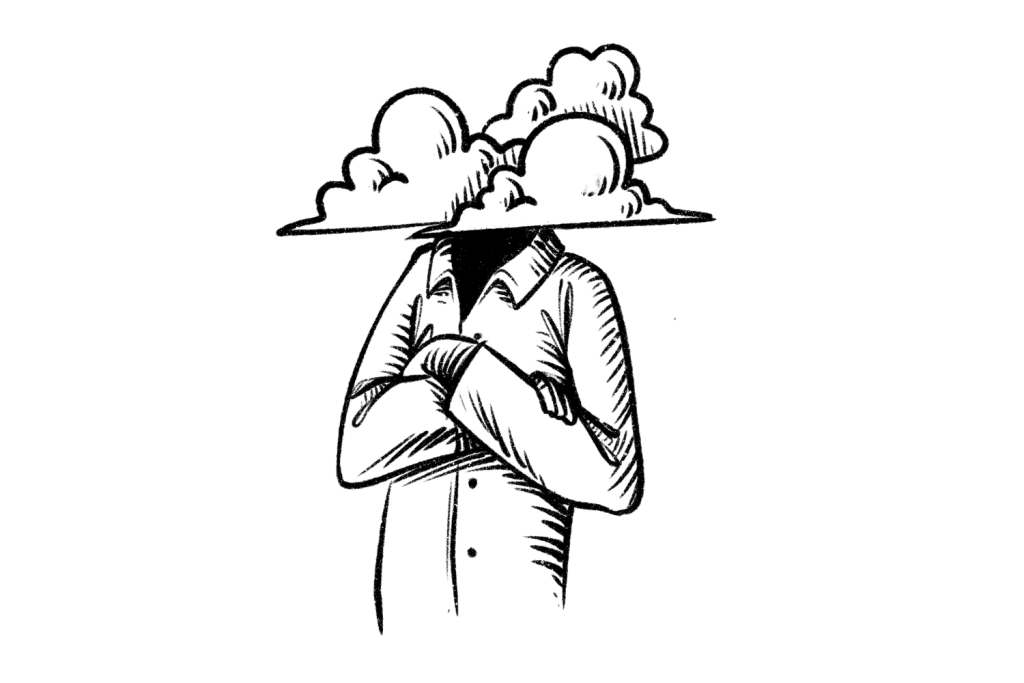
What’s Happening with Vyvanse, Adderall?
We received 1637 total replies so far from various platforms across the web. Nearly 43% reported their medication was inconsistently effective, meaning it worked on some occasions, but not on others. Another 28% claimed their medications were completely ineffective, meaning that it was as if they weren’t taking any medications at all.
Restricting to respondents who specified Vyvanse was the drug that wasn’t working — nearly `63% (1035) claimed the drug wasn’t working.
This is far from an indication of a widespread conspiracy, but some testimonies make this an increasing concern without a real answer.
We believe it shines a light on (some of) what’s happening nonetheless:
- 37% of people gave a response indicating a potential issue with tolerance/dosage
- 43% reported their medication was effective inconsistently, meaning it worked on some occasions, but not on others
- 36% of respondents had been on the same dosage for between 3 and 12 months — enough time to know how it affects them but not enough time to grow a significant tolerance
Common Experiences reported during the survey were:
- Inconsistent effects
- Increased appetite, anxiety, and brain fog
- Decreased focus, motivation, executive function, and mood stability
Personal Testimonies of Issues with ADD/ADHD Medication
For testimonies, we couldn’t rule out; here is some additional information they provided us regarding their experience.
| Prescription/Timeline | Testimony |
| I’ve been on Vyvanse for 4 months due to the Adderall shortage. I upped from 40 mg to 60 mg in January. | Mostly it just feels like I’m taking a placebo. Every now and again, I’ll get a pill that works as intended, but I feel as though many of them do nothing at all … Both positive and negative effects are stunted on some (but not all) days |
| I’ve been on Vyvanse for 9 years. After being diagnosed early on in high school while struggling to manage my life and grades, the ADD diagnosis and Vyvanse prescription changed my life. I got my newest bottle a month ago. | In all my years of taking it, I’ve never seen a change in the label or shape … until last month, when … they were a completely different color … I examined a couple of leftover pills from a few months back… [and] noticed the newer ones somehow felt lighter. At first, the new pills only felt slightly less effective. The medication didn’t last as long, and the usual come-up I feel as it kicks in every morning wasn’t as strong as usual too. I felt more tired and much less focused, but I figured it had to be something else going on. Maybe I was having a bad week? Did I not get enough sleep last night? It felt different than the usual feelings of developing a tolerance to the dosage I had felt in the past. I figured it must be all in my head. Until one morning, I woke up and took my medication as I always did. Vyvanse takes roughly an hour to kick in for me, so it helps me schedule my morning routine. I always take it right when I wake up and wait for it to kick in before hopping in the shower. I was going through my normal morning activities when I checked the time on my phone and realized It had been more than an hour, and I wasn’t feeling it at all. I hopped in the shower, thinking maybe I was just tired and it would kick in soon. As I began to get ready for work, I kept checking the clock. It was getting closer and closer to work starting, and still nothing. Thinking I must have somehow forgotten to take the medication, I checked my pill box. It wasn’t there. I knew I had taken it, but why wasn’t I feeling it? Why was I feeling extremely tired? The entire day I felt drowsy, as if I had accidentally taken a sleeping pill. My brain felt foggy, and I was left in a weird daze as I struggled to function and do work. The next day, I felt the same. The day after that, however, I felt it kick in after an hour and was relieved. But it didn’t last long. After a couple of hours, it was as if the medication stopped working. This cycle continued as some days I only felt it for the first couple hours, and other days felt sluggish and foggy. I can hardly function. |
| 50 mg Vyvanse for 9 months, upped to 60 mg 1 month ago | Very ineffective, the pill only works for what seems 2-3 hours (and not as strong as it should be) and then I am basically just crashing all day. (the pill is supposed to work for 14+hrs) I feel like I haven’t even taken anything at all really. Usually, my appetite is very suppressed but once the effects wear off (which as I said is very quickly) I get my appetite back which is very strange. |
| Vyvanse 30 mg since Spring 2022 | Driving has been more difficult to focus on, missing turns and changing lanes without remembering to look first. I started Vyvanse because driving unmedicated had become dangerous for me, so this is the more frustrating and scary difference. The degree of the difference in effect is not consistent day-to-day but the general increase of brain fog is constant. |
| Vyvanse 60 mg, upped from 50 mg due to ineffectiveness last month! | Medication hasn’t been working at all for me the last ~6 months. Switched from 50mg to 60mg and felt literally no difference. |
| Vyvanse 20 mg since early 2021 | Been feeling EXTREMELY groggy and like I’m in a fog. Also no emotion regulation, and very heightened paranoia. Also, slip into dissociative episodes and age regression more often |
| 20mg Adderall XR, 10+ years | I take a urine drug test for her every 3 months. I took one last month, I knew they do it to make sure I am taking my meds so I made sure to take my medicine like an hour or two before. The test comes back with no amphetamines, she asked me why that was and I told her I don’t know (like she should be telling me) but it seems strange for it not to register especially when I purposely took it. |
| I’ve been taking Vyvanse since I was 8 or 9 years old, and was bumped up from 40mg to 50mg in the past year. | Even hours after taking a pill from my most recent refill, I feel little to no change in focus or energy level. I’m struggling to focus on tasks such as programming (which is my job) and even on things I enjoy like playing video games, which I normally have no trouble doing when on my medication. I feel them in a significantly decreased capacity. It feels more like I drank a single cup of coffee, instead of taking this prescription which normally has pretty profound effects on me. |
| Vyvanse (1.5 years), It’s probably about 6 months since the last change in dose | The label hasn’t changed the shape/color hasn’t changed but the inside of the capsule has gone from packed tightly almost into a pill to completely loose powder Effects are decreased significantly. It hasn’t varied from day to day. It hasn’t varied if I stop taking my meds for a few days and then take them again. Way less focus (even when doubling up on dosage) it’s harder to stay on task. It’s like I’m jumping between five tasks at once again |
| On Vyvanse 50mg for about 1 year, received newest bottle nearly 3 mo ago which was my first 3 mo bottle instead of 1 mo | Nothing felt different when I began this 3-month bottle. As I near the end of the bottle, it doesn’t feel as effective. Today, for example, is a Sunday. I took my medication at about 8:00 a.m. and usually within an hour I feel the need to get up and move. After taking my stimulant medication, I didn’t get out of bed until after 1:00 p.m. I also obtained an over-the-counter drug testing kit that tested for amphetamines. The test result shows negative indicating there are no amphetamines in my system after 4 hours of taking the medication. I’m having trouble initiating tasks including work, home, and school. I have never been taught about tolerance breaks but if I’m not working and don’t have school work due I do refrain from taking the medication as it is not necessary that day |
| Vyvanse: 2 years and 3 months. I’ve been on 40mg for that time with no changes in prescription. | It still works, but it’s not as strong. I’m not sure if this is because I’ve finally been able to start swallowing the capsules instead of dissolving the powder in water or not. About two months ago, I noticed that my Vyvanse wasn’t dissolving in water like it used to. It stayed kinda clumped together, which I thought was odd since it’s dissolved just fine for over 2 years. Again, it still works and I can tell when it’s kicking in, it’s just not as strong. I can still feel the effects and they’re pretty consistent with the odd day here and there where they aren’t. However, it does feel not as strong as it did a month or two ago. |
| Vyvanse since 2019, changed to 40 in January, changed to 50 in February, changed to 60 in March | The effects have completely stopped late December. At my most recent appointment (March 2nd 2023) my psychiatrist says his patients are all going through the same thing. [I take tolerance] breaks on the weekends, every weekend. |
| 10+ years I’ve been on 20mg XR Adderall more below | I just feel overall less focused. I can tell by the state of things around my house – like take a pill and I can keep things tidy but it just feels like everything is a mess and I have a hard time even starting cleaning, tasks etc. I take a urine drug test for her every 3 months. I took one last month, I knew they do it to make sure I am taking my meds so I made sure to take my medicine like an hour or two before. The test comes back with no amphetamines, she asked me why that was and I told her I don’t know (like she should be telling me) but it seems strange for it not to register especially when I purposely took it. I try to skip any days I am not doing work so weekends, and vacations. Last week I did a 3-day break. As above I have been on the same 20mg dose for 10+ years so I try to keep my dose low. |
Quick Facts: What We Know About the Reports of Ineffective Vyvanse So Far
- Many non-production-based variables can lead to less- or ineffective medication.
- Some are experiencing changes in the look of their medication, including Vyvanse, which is exclusive to Takeda Pharmaceuticals.
- Some reports include taking an old prescription of the same medication/dosage with noticeable differences in effect from the most recent one.
- While many of the reports are likely explainable, some are more mysterious and may point to bigger issues along the production line.
- All claims and theories are inconclusive at this time.
Disclaimer: What to do if you Suspect your Vyvanse isn’t Working
If you are experiencing ineffective medication, file a claim with the FDA at 888-INFO-FDA (888-463-6332). You should also discuss the issue with your healthcare provider.
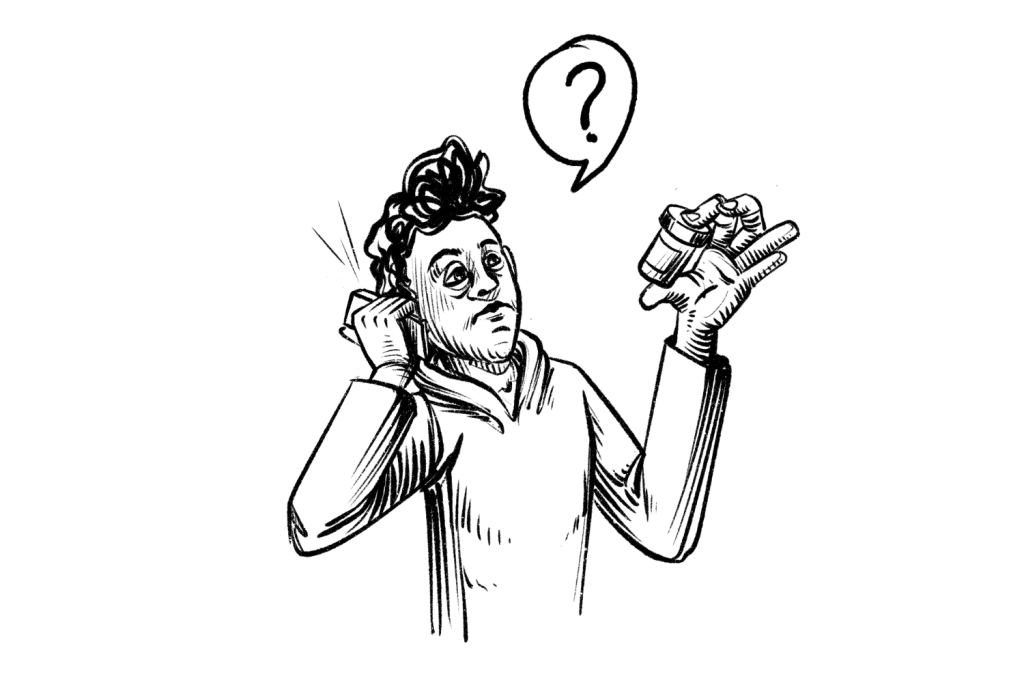
You may also want to file a complaint with the manufacturer. This provides them the opportunity to investigate the supply chain.
Common manufacturers of generic stimulant medications and their contact information are below:
| Name | ADD/ADHD Medication Names | Phone Number | |
| Takeda Pharmaceuticals | Vyvanse, name-brand Adderall | 1-877-TAKEDA-7 | pvsafetyamericas@takeda.com |
| Teva Pharmaceuticals | Generic Adderall | (888) 838-2872 | Reach out through their “Integrity Hotline” |
| Sandoz Inc. | Generic Adderall | 1-800-525-8747 | N/A |
| CorePharma LLC | Generic Adderall; and Methylphenidate | (732) 893-5942 | info@corepharma.com |
| Aurobindo Pharma | Generic Adderall and Dextrostat | +91 (40) 6672 1200 | info@aurobindo.com |
| Sun Pharmaceutical | Generic Modafinil, | (800) 818-4555 | Reach out through their “Product Quality Complaint Form” |
Disclaimer on the Subjectivity of Claims & Potential Explanations
We reached out to social media accounts posting about this issue. Others have had perfectly effective medication, and we have no intention of sowing panic.
The claims we’re discussing are entirely subjective. As this issue continues to grow, its roots seem hard to pinpoint, but some things can contribute to blunting the effects of stimulant medication.
Other Potential Causes for ADHD Medications Not Working
The popular publication “ADDitude” recently suggested various reasons. Some of these include:
- Tolerance Buildup — Amphetamines build tolerance quickly. Without tolerance breaks, it’s possible for it to feel ineffective over time.
- Physical/Lifestyle Changes — Weight fluctuations, changes in diet, frequent drug and alcohol use, and more can all change how medication interacts with your body.
- Medication Interactions — Adderall has potential interactions with 180 medications that can change the effectiveness of your stimulants.
- Citrus and Ascorbic Acid — Juices high in vitamin C or anything else with a large amount of ascorbic acid may blunt the effects of amphetamines. Research on the topic is scarce but anecdotal evidence is not.
- Change in Manufacturer/Provider — Different manufacturers use different binding agents and inactive ingredients, which may alter how you experience your stimulant. Note: the amount of these we received is still unsettling and this SOULDN’T be the case for two medications with the same label.
While these possibilities exist, several testimonies extend beyond this. Some — including one of the writers of this article — report experiencing symptoms of withdrawal, something which is unlikely a result of developing a tolerance or dosage change.
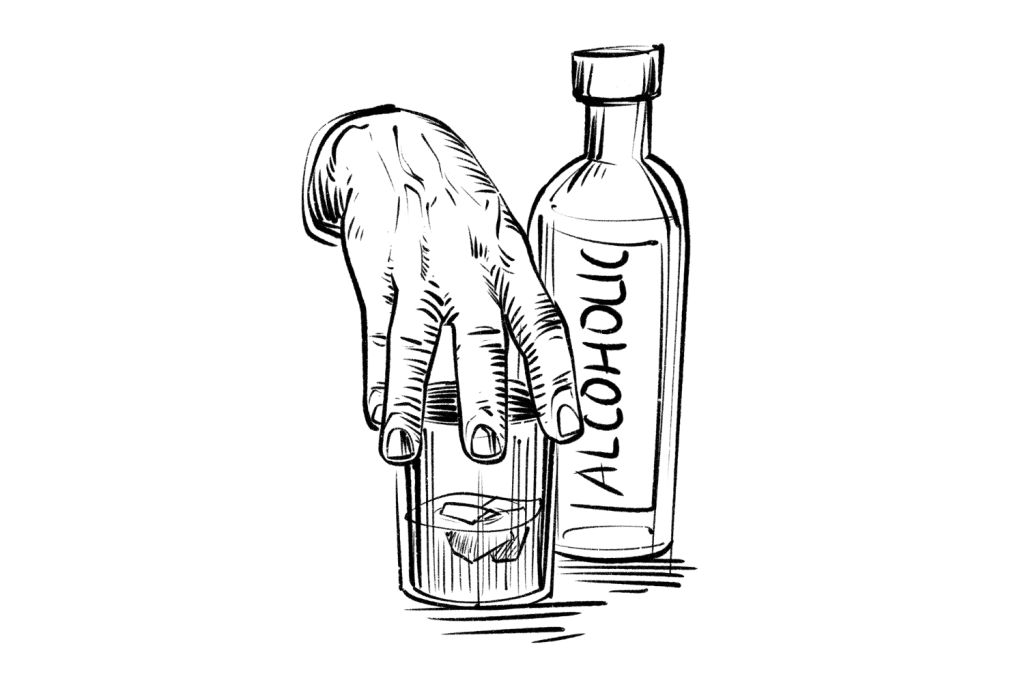
Others report finding past prescriptions for the same medication, dosage, and pill and having it work effectively despite no other changes in lifestyle. We aim to explore the phenomenon of increasing reports and present an unbiased look at what could be driving them.
Again, if you or someone you know has experienced this, please add to our growing collection of data by filling out this form.
What Sets Vyvanse Apart?
Vyvanse’s primary compound, lisdexamfetamine, is not independently psychoactive like other amphetamine-based medications. Rather, it is a prodrug that will only be effective after enzymes in the body break it down in digestion.
Other instant-release medications can require multiple daily pills, with inconsistent effects based on stomach contents and ingestion methods. Lisdexamfetamine breaks down at the same rate regardless of these factors, making it (supposedly) more effective and reliable.
This increase in potency also helps as patients evolve throughout their experience with stimulant medication. Many people on Vyvanse have tried other medications and found them ineffective.
The Expiration of Vyvanse’s Patent
The timing of these reports comes as Takeda Pharmaceuticals is nearing the end of its sole right to manufacture and provide Vyvanse. Their patent on the drug expired on February 24th, 2023, but they maintain control of all non-pediatric prescriptions until August 2023.
Patent expiration significantly diminishes profit for pharmaceutical offerings, and there is no way to prevent it. Takeda had the benefit of the recent Adderall shortage in its last few months when countless articles and psychiatrists encouraged switching to Vyvanse.
The only major option without a generic offering, Vyvanse, is expensive. Thirty capsules of Vyvanse 30 mg on the popular medicine discount site, GoodRx, go for $399. The same dosage of generic Adderall’s extended-release option is $30–50.
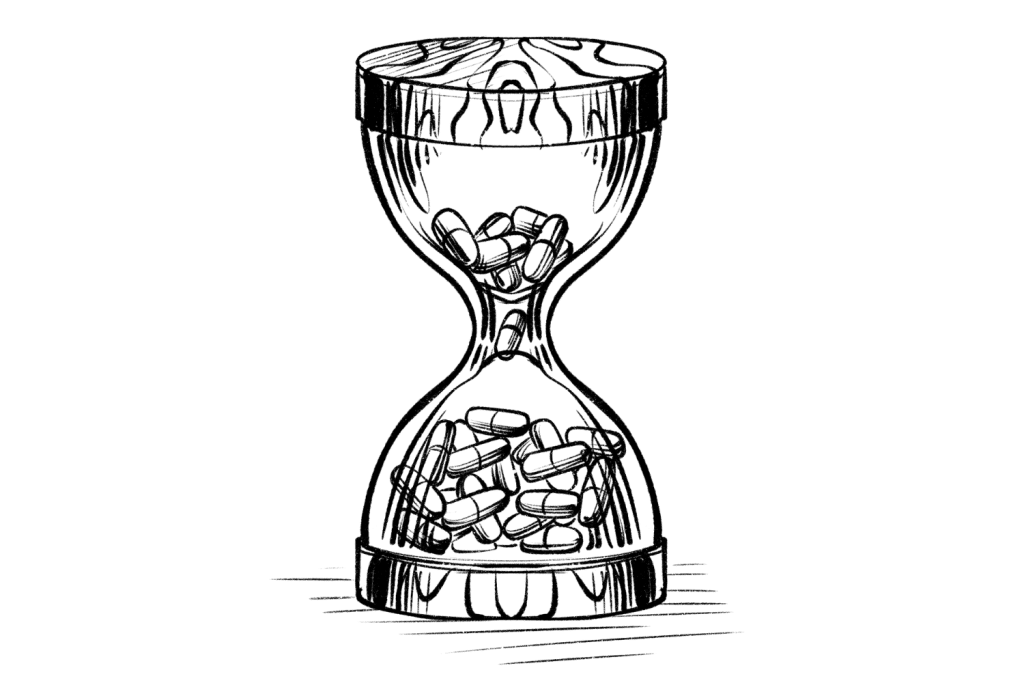
The added expense of reaching for Vyvanse — especially considering it is typically a last-ditch effort by those diagnosed with ADHD — makes the concerns around efficacy especially concerning.
For the last few months of lisdexamfetamine’s storied history, users have been paying hundreds of dollars more to receive this medication. Some are doing so only to find it doesn’t work for them.
What’s Going on with the Adderall Shortage?
In October 2022, the FDA announced the shortage of Adderall and other amphetamines. Increased demand, a refusal to loosen restrictions, and other factors created a perfect chokehold on amphetamine production lines.
Vyvanse is the only major stimulant not to report a shortage, despite many people having trouble refilling prescriptions. NBC News reported this month: “according to dozens of pharmacies reached by NBC News, Vyvanse has been on intermittent backorder for months.”
Recently CNN interviewed Dr. Yoram Unguru — a pediatric oncologist and hematologist with joint faculty appointments at The Johns Hopkins and The Herman and Walker Samuelson Children’s Hospital who studies drug shortages.
He laid out the problem of the stimulant shortage as he saw it, telling them:
Pharmaceutical manufacturers are not required to disclose the reason for disrupted supply. Knowing the exact reason for a given shortage is always challenging. It’s really difficult to be able to anticipate and let alone come up with meaningful solutions, if you don’t know what the problem is.
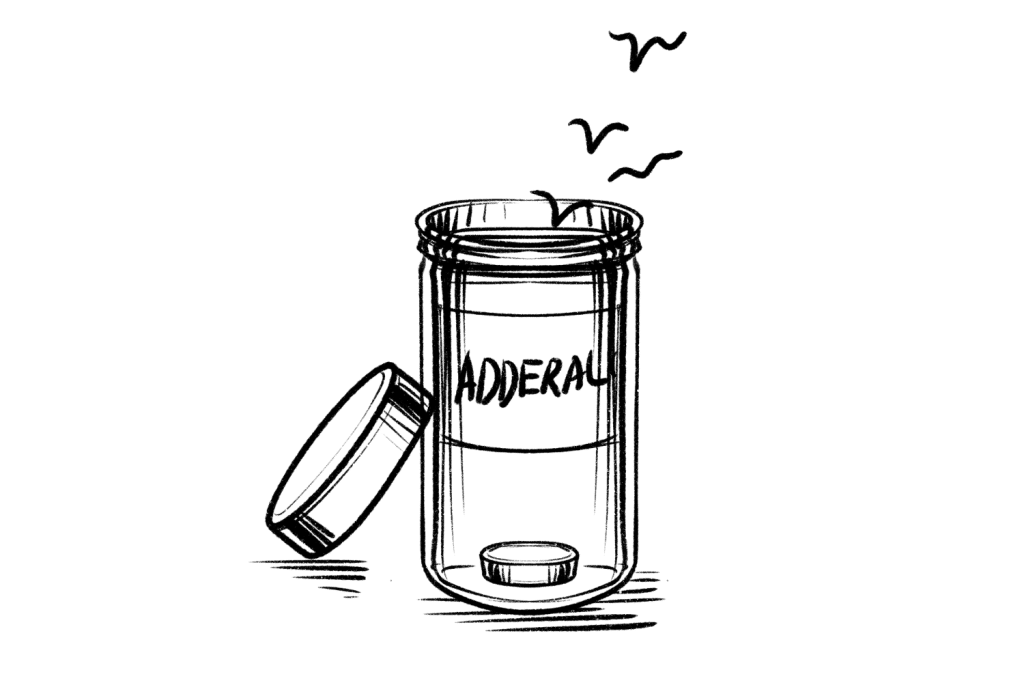
At first, the FDA claimed the shortages were the result of a production issue with their largest drug maker, Teva Pharmaceuticals (who then would blame the production issue on staffing shortages.) Since then, various pharmaceutical manufacturers have reported issues keeping up with the increased demand, most citing insufficient amounts of active ingredients.
Despite the concerns about shortages, the DEA elected not to raise its proposed aggregate production quotas (PAPQ) for amphetamines. Their response to concerns:
The majority of the manufacturers contacted by DEA and/or FDA have responded that they currently have sufficient quotas to meet their contracted production quantities for legitimate patient medical needs.
This refusal likely makes these two restrictive agencies the shortage’s biggest contributing factors.
How the DEA & FDA Restrict Stimulants
All controlled substances undergo strict regulation from the Food and Drug Administration (FDA) and Drug Enforcement Agency (DEA.) The FDA sets regulations on how many pills pharmacies can order and patients obtain. The DEA limits which active ingredients producers can order for manufacturing.
This system intends to protect Americans from over-prescription of drugs with a high potential for abuse. This has two problems:
- A lot of what qualifies as “abuse” is just using the drug for its intended effect without a prescription. Several articles cite rampant misuse of Adderall by college students. The “misuse” often includes studying, doing homework, and facing challenging school weeks. Benefits a patient with a prescription would describe.
- When a similar overprescription problem cropped up around opioids, the government reacted by restricting medication — forcing several users to seek out more dangerous alternatives. Filter Magazine reported on people replacing hard-to-obtain Adderall prescriptions with methamphetamine.
The pandemic had an undeniable impact on everyone’s awareness of their mental health, leading to an uptick in ADD/ADHD diagnoses and prescriptions for stimulant medication. Telehealth options became common during Covid, offering accessible options for people to get treatment.

Many argue this surge in prescriptions is a manipulation of loosened regulations, similar to the opioid epidemic. With the intent of combating overprescription, Joe Biden recently took action to limit telehealth prescriptions of “high-abuse potential” medications like stimulants.
While there is some truth to corporate manipulation — the consequences of which led to prescription limitations on telehealth companies like Cererabal in 2022 — limiting access to treatment only hurts people seeking to improve their quality of life.
Who is Getting Diagnosed with ADHD?
Adults managing their ADHD symptoms are increasingly the primary recipients of stimulant medication. Research from 2018–2021 shows prescriptions only increased for people 21 years and older, decreasing in younger ages.
In 2014, a study estimated only 1-in-5 adults with ADHD received a diagnosis and treatment. This could be why Adult ADHD diagnoses (123.3%) increased at five times the rate of pediatric diagnoses (26.4%) over the last decade [2].
Major factors for this include:
- A shift in cultural attitudes toward mental health
- Expansion of diagnostic criteria across different subtypes of ADHD
- Increased awareness of medical bias toward women, trans people, and people of color

Is There An Overprescription Problem?
Studies place ADHD rates in wide ranges — 5–13.6% in kids and <1–5.4% in adults. For clarity, 5% of the US population is roughly 17 million people. 8-in-10 people with ADHD feel lessened symptoms on medication.
For the sake of the overprescription argument, using those rough numbers, if 8-in-10 ADHD patients picked up one prescription a month for a year, that would be 163.2 million prescriptions. In 2021, pharmacies filled 41.4 million Adderall prescriptions, not including prescriptions for less popular options.
Those numbers do not indicate a systemic overprescription problem.
While there may be people exploiting the less restrictive system for getting a prescription:
- They are mostly adults and will only go to less reputable sources if they can’t find a regulated one.
- A large part of the increase is likely from people finally accessing the care they’ve long needed.
The Consequences of Undiagnosed & Unmedicated ADHD
Many people with ADHD cannot function without medication due to a combination of executive dysfunction and chronic fatigue. Recent research indicated adults with ADHD take home an average of 17% less income and have “more days of unemployment, and a higher likelihood of receiving disability pension” [3].
Our society demands people work to meet basic needs like food and shelter. If people can’t maintain their level of production legally, they may pursue means of self-medicating to avoid consequences like job loss, starvation, and homelessness.
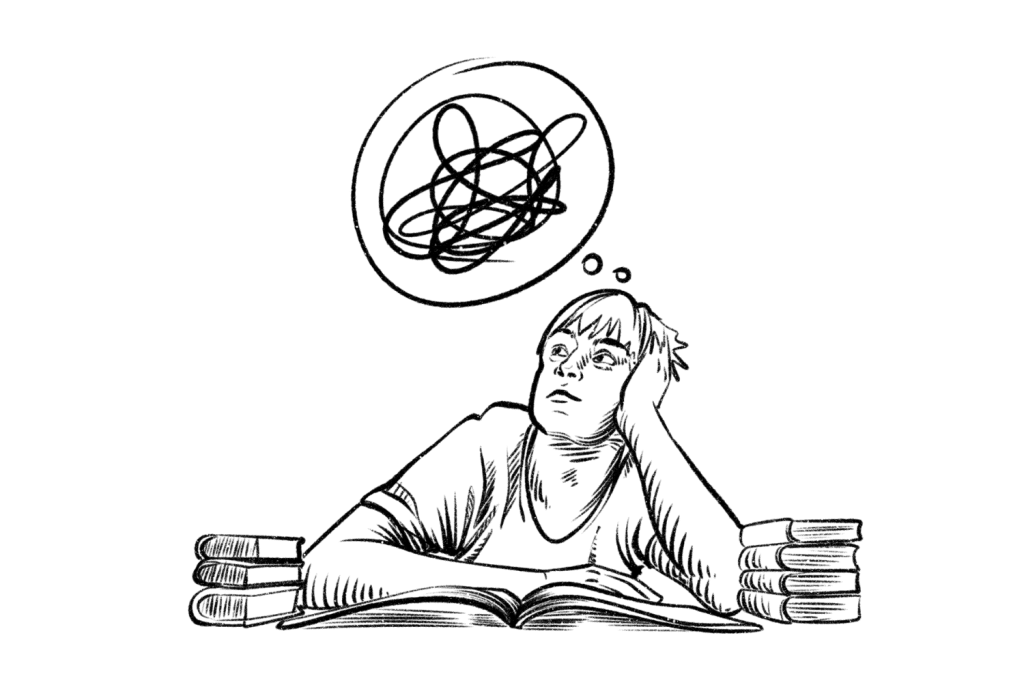
This doubly applies to people who are chronically ill, disabled, and living with chronic pain — the shortage shares striking similarities to reactionary opioid restrictions, leaving patients dependent on the less reliable illicit market. This is especially dangerous for people with ADHD, who are more likely to develop substance abuse disorders [4].
Articles abound encourage patients with ADHD diagnoses to turn to lower-risk, natural alternatives like:
- Vitamins
- Supplements
- Herbal and fungal remedies
While these can assist some, they are often not enough for those dependent on stimulants. Even if you believe people who misused the market are now addicted to amphetamines, should we push them to higher-risk alternatives as we did to those dependent on opioids?
Related: Breaking the Mold: Psilocybin As A Possible ADHD Treatment.
The View from the Illicit Stimulant Market
A lack of regulation in the illicit market means people trying to self-medicate cannot confirm what they are taking. More often than not, counterfeit Adderall pills do not contain amphetamines. Instead, many contain caffeine, cocaine, or methamphetamine.
In the last few years, this has become even more dangerous. New York State’s Department of Health stated the vast majority of methamphetamine overdose deaths in 2022 (82.6%) involved fentanyl.
Even before the shortage, New York’s rate of methamphetamine overdose deaths involving fentanyl increased by 1300%. This increase was much larger than the rate of methamphetamine overdose deaths without fentanyl, from 0.2 per 100,000 to 0.3.
This push to the unregulated market gives patients the unsafe choice of suffering through their symptoms unmedicated — and, consequently, a potential loss of financial stability — or switching to clandestine products with potentially lethal sources.
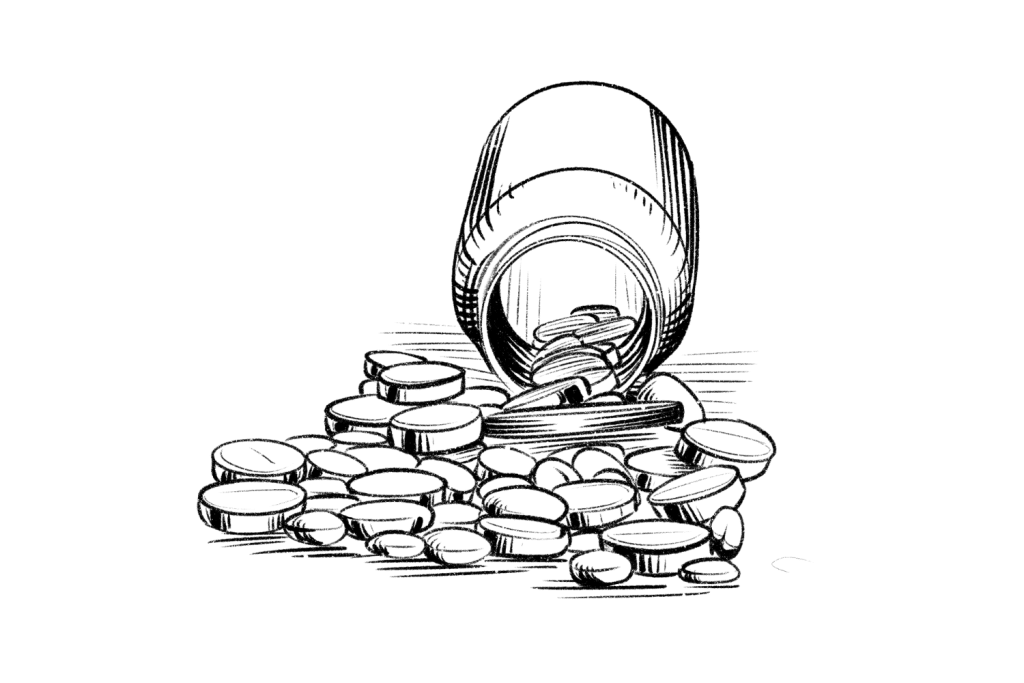
Minimal Political Attention on the Amphetamine Shortage
Abigail Spanberger, a Representative for Virginia’s 7th district, has been widely quoted on the Adderall shortage. She is the only one speaking out, writing this in an open letter to the FDA and DEA:
Patients who rely on Adderall to function daily deserve a comprehensive federal response to ensure access to their medications. Given the complicated regulatory framework around controlled substances and the incentives in the drug industry, addressing the shortage of Adderall will require coordination between FDA, DEA, and industry.
Not receiving a response, Spanberger put out another open letter on February 16th. In it, she again asked why the DEA wouldn’t update their quotas, stressing the need to protect telehealth.
Her isolation in this argument should come as no surprise. Pharmaceutical companies, healthcare professionals, and insurance companies have massive lobbying budgets and spend them freely.
Biden received over $39 million in the 2020 election from these industries, making the combined total among his top five donors. He did this while stating he would be tough on the subject of the campaign trail.
Two years later, on October 14th, the White House issued a statement titled “President Biden Takes Action to Lower Health Care and Prescription Drug Costs for Americans.” The titular “action” was directing Health and Human Services (HHS) to “explore additional actions to lower prescription drug costs.”
Overwhelmingly, this is the classification of “action” on these issues — write a letter, encourage a study, deflect, direct, and differ.
Even Spanberger received money from health professionals and other lobbyists for her candidacy. This may explain why her actions, though the boldest of no other options, still amount to very little.
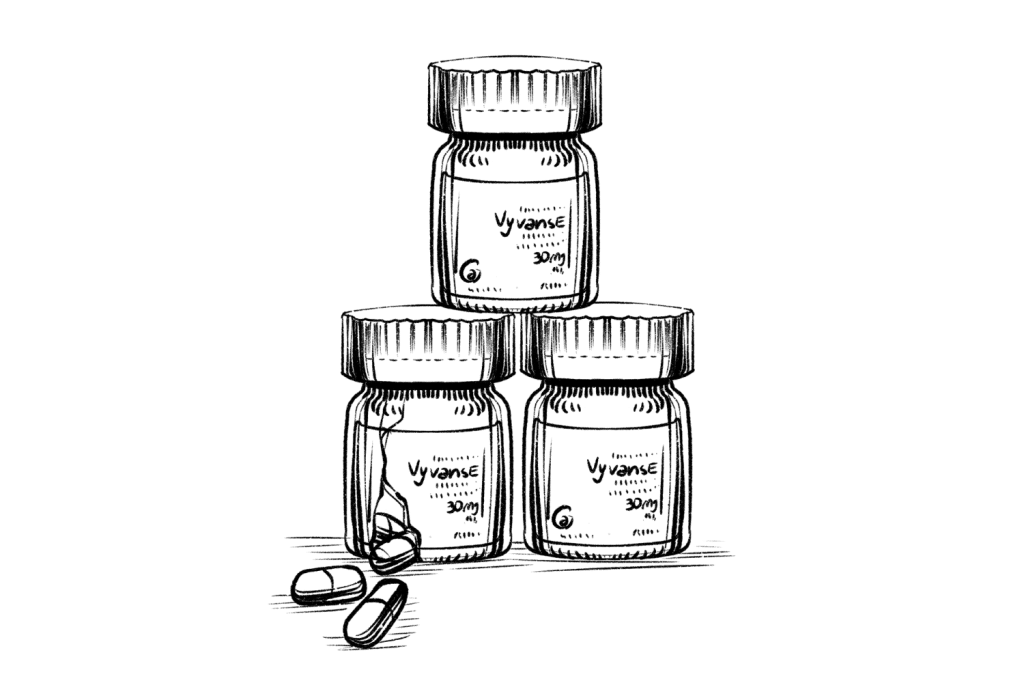
Final Thoughts: What’s Going on With Vyvanse?
We don’t know what’s going on with Vyvanse or any of the other stimulant medications on backorder. The lack of clarity the government requires of drug manufacturers makes looking into the issues difficult.
All we know right now is several people are reporting the medication they depend on is ineffective or unreliable. Suspicious coincidences are mounting every day across social media platforms.
Some of these have an easy explanation, and others are less obvious. Critics are decrying it as a placebo effect from mass hysteria, and this truly is not impossible.
There is evidence migraine medicine mislabeled as a placebo can perform about as well as a placebo mislabeled as migraine medicine [9]. Our personal beliefs and expectations factor more heavily into our experiences than we realize.
However, the fluctuations of both positive and negative effects, along with other factors, seem to fall outside of a normal explanation. As Julia put it when we reached out to her
It never feels the same exact way, negative or positive, with my new bottle. I’ve felt nauseous and had headaches. I can hardly function. It’s destroying my personal and work life. I feel depressed and have been having frequent breakdowns ever since I got the new bottle. I feel hopeless. I have never experienced any of these effects ever before in 9 years on Vyvanse.
Until the government is ready to loosen its restrictions on these drugs and tighten the oversight its manufacturers face, this will continue to be a problem without a solution.
References
- Blick, S. K., & Keating, G. M. (2007). Lisdexamfetamine. Pediatric Drugs, 9, 129-135.
- Chung, W., Jiang, S. F., Paksarian, D., Nikolaidis, A., Castellanos, F. X., Merikangas, K. R., & Milham, M. P. (2019). Trends in the prevalence and incidence of attention-deficit/hyperactivity disorder among adults and children of different racial and ethnic groups. JAMA network open, 2(11), e1914344-e1914344.
- Jangmo, A., Kuja-Halkola, R., Pérez-Vigil, A., Almqvist, C., Bulik, C. M., D’Onofrio, B., … & Larsson, H. (2021). Attention-deficit/hyperactivity disorder and occupational outcomes: The role of educational attainment, comorbid developmental disorders, and intellectual disability. PloS one, 16(3), e0247724.
- Kalbag, A. S., & Levin, F. R. (2005). Adult ADHD and substance abuse: diagnostic and treatment issues. Substance use & misuse, 40(13-14), 1955-1981.
- Becerra-Culqui, T. A., Liu, Y., Nash, R., Cromwell, L., Flanders, W. D., Getahun, D., … & Goodman, M. (2018). Mental health of transgender and gender nonconforming youth compared with their peers. Pediatrics, 141(5.)
- Zablotsky, B., & Alford, J. M. (2020). Racial and Ethnic Differences in the Prevalence of Attention-Deficit/Hyperactivity Disorder and Learning Disabilities among US Children Aged 3-17 Years. NCHS Data Brief. No. 358. National Center for Health Statistics.
- Becerra-Culqui, T. A., Liu, Y., Nash, R., Cromwell, L., Flanders, W. D., Getahun, D., … & Goodman, M. (2018). Mental health of transgender and gender nonconforming youth compared with their peers. Pediatrics, 141(5).
- Karimi, M., Lee, E. C., Couture, S. J., Gonzales, A., Grigorescu, V., Smith, S. R., … & Sommers, B. D. (2022). National survey trends in telehealth use in 2021: disparities in utilization and audio vs. video services. US Department of Health & Human Services.
- Kam-Hansen, S., Jakubowski, M., Kelley, J. M., Kirsch, I., Hoaglin, D. C., Kaptchuk, T. J., & Burstein, R. (2014). Labeling of medication and placebo alters the outcome of episodic migraine attacks. Science translational medicine, 6(218), 218ra5.

